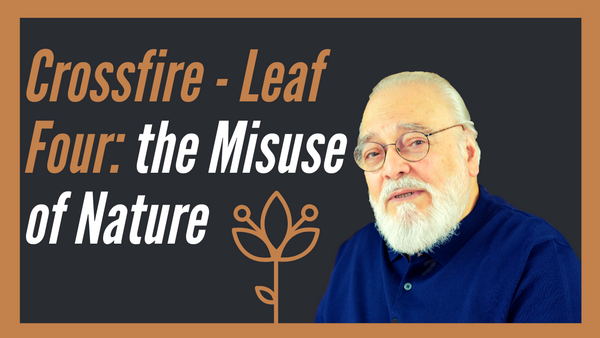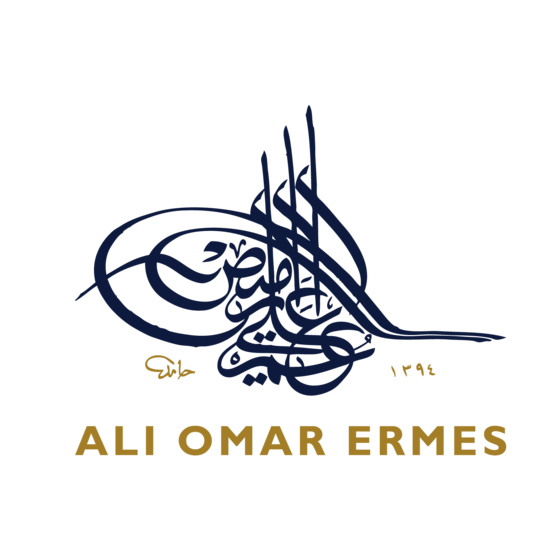The Universal Appeal of the Prize Poems: The Fourth and Sixth Odes
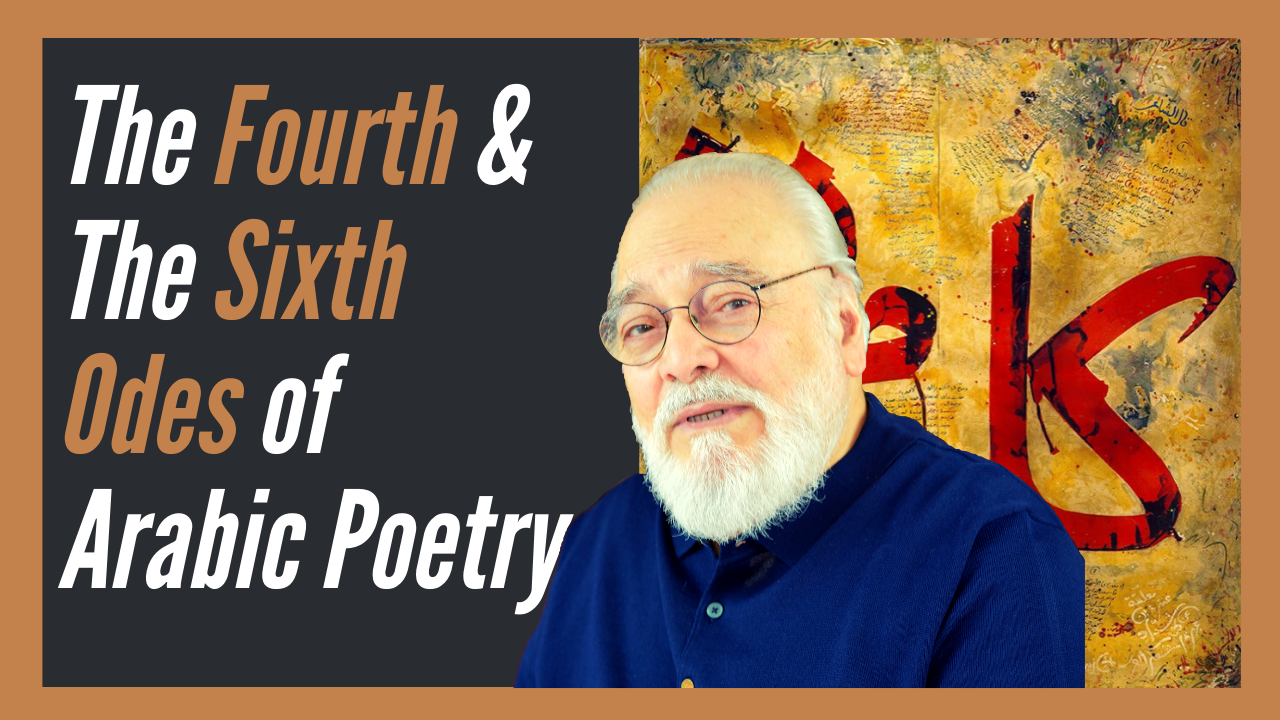
"The Fourth Ode" and "The Sixth Ode" are stunning works of art that pay tribute to the rich and enduring tradition of Arabic poetry. These two paintings are part of a series of seven that celebrate the Seven Odes of Arabic poetry, also known as the Al Muallaqat As Sabaa or Prize Poems. These poems have long held a special place in Arabic literature due to their power of eloquence and their historic relevance.
According to tradition, when a poem was judged to be exceptional, it was embroidered in gold on silk cloth and hung on the Kaaba as a sign of general acclaim. Over time, these Prize Poems came to be regarded as universal works of art, celebrated for their beauty and timeless appeal.
"The Fourth Ode" and "The Sixth Ode" are both inspired by the poetry of Anter Ibne Shaddad, a pre-Islamic warrior-poet who was famous for both his romantic story with Ablah and his fairness and strict war ethics. These paintings feature the full 85 (bayt) lines of poetry, bringing to life the words of this remarkable poet and offering a glimpse into the world of ancient Arabia.
With their bold colors and expressive brushstrokes, "The Fourth Ode" and "The Sixth Ode" are a testament to the enduring power of poetry and the enduring appeal of the Al Muallaqat As Sabaa. They are a celebration of the beauty and richness of Arabic literature, and a reminder of the timeless values of fairness, justice, and compassion that have inspired poets throughout the ages.
Leave a comment
Also in VIDEO CHANNEL
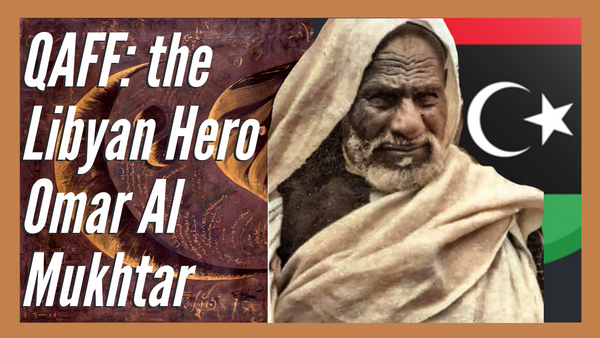
Qaffon Aasif: A Tribute to Libyan Resistance Leader Omar Al-Mukhtar
This striking artwork honors the legacy of Omar Al-Mukhtar, a Libyan resistance leader who fought against Italian conquest in the lead up to World War II. Featuring an unusual execution of the letter Qaff, which is reminiscent of the old Kufic script, the piece is framed by stormy golden strokes that give it a dynamic and powerful energy. A similar painting in this style can be found at the Smithsonian Institute in Washington DC.
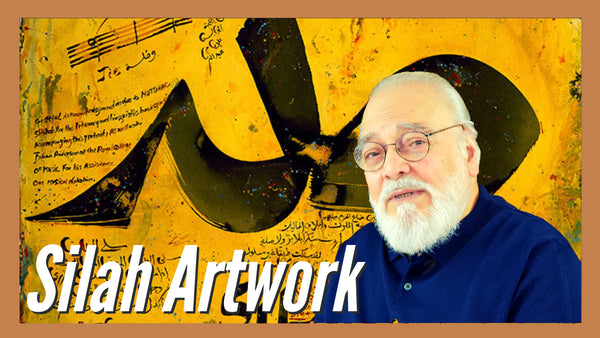
Silah: The Power of Connection, Charity, and Goodwill
In Ali Omar Ermes' artwork, the concept of Silah, or connection, charity, and goodwill, is explored through the inclusion of poetry from some of the greatest classical Arabic poets, including Zuhair ibn Abi Sulma, Urwah ebnul Warrd, Ali ebn Abi Talib, and Ali ebn Al Rumi. These poets wrote about the necessity of giving charity to the right causes and how this serves as one of Islam's fundamental aims in creating a kinder society.
